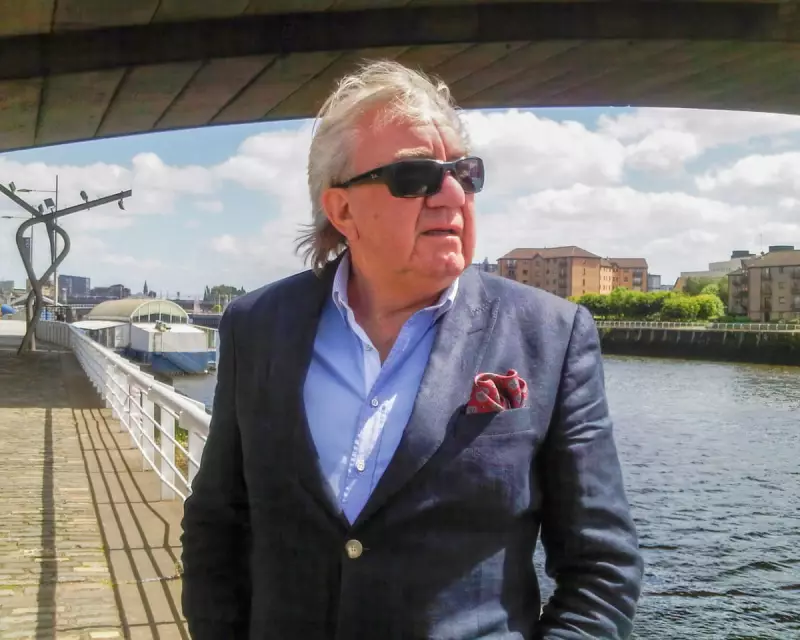
The financial world mourns the passing of Stuart Gulliver, the visionary leader who steered HSBC through one of its most transformative periods in modern history. As former group chief executive, Gulliver's strategic acumen and deep understanding of global markets cemented his reputation as one of banking's most influential figures.
From Humble Beginnings to Banking Royalty
Gulliver's journey to the pinnacle of international finance began far from the boardrooms of Canary Wharf. Born in 1959, he demonstrated early academic promise that would later define his analytical approach to banking. His education at Oxford University provided the foundation for what would become an extraordinary career in financial services.
The HSBC Meteoric Rise
Joining HSBC in 1980, Gulliver quickly distinguished himself through his sharp intellect and risk management capabilities. His early years in treasury and capital markets saw him navigating complex financial instruments with remarkable skill. Colleagues often remarked on his ability to grasp intricate market dynamics that eluded many of his contemporaries.
Architect of Global Strategy
During his tenure as CEO from 2011 to 2018, Gulliver implemented sweeping changes that reshaped HSBC's global footprint. He spearheaded the bank's strategic pivot toward Asia while managing the delicate balance of maintaining its international presence. His leadership during the post-2008 financial crisis era required navigating unprecedented regulatory scrutiny and changing market conditions.
Weathering Storms and Steering Recovery
Gulliver's stewardship saw HSBC through numerous challenges, including:
- Navigating complex international regulatory requirements
- Managing the bank's response to various financial scandals
- Implementing rigorous cost-control measures
- Overseeing strategic divestments and acquisitions
Personal Life and Legacy
Beyond the corporate world, Gulliver was known for his private nature and dedication to family. His interests outside banking reflected a man of diverse tastes, though he maintained a characteristically low profile compared to many of his banking peers.
The Final Chapter
In his later years, Gulliver continued to influence the financial sector through various board positions and advisory roles. His insights remained sought after by institutions navigating the increasingly complex world of international finance. His passing marks the end of an era for a generation of bankers who transformed global finance.
Gulliver's legacy extends far beyond balance sheets and shareholder returns. He represented a breed of banker who combined technical expertise with strategic vision, leaving an indelible mark on one of the world's most important financial institutions. His story serves as both inspiration and case study for aspiring financial leaders worldwide.





